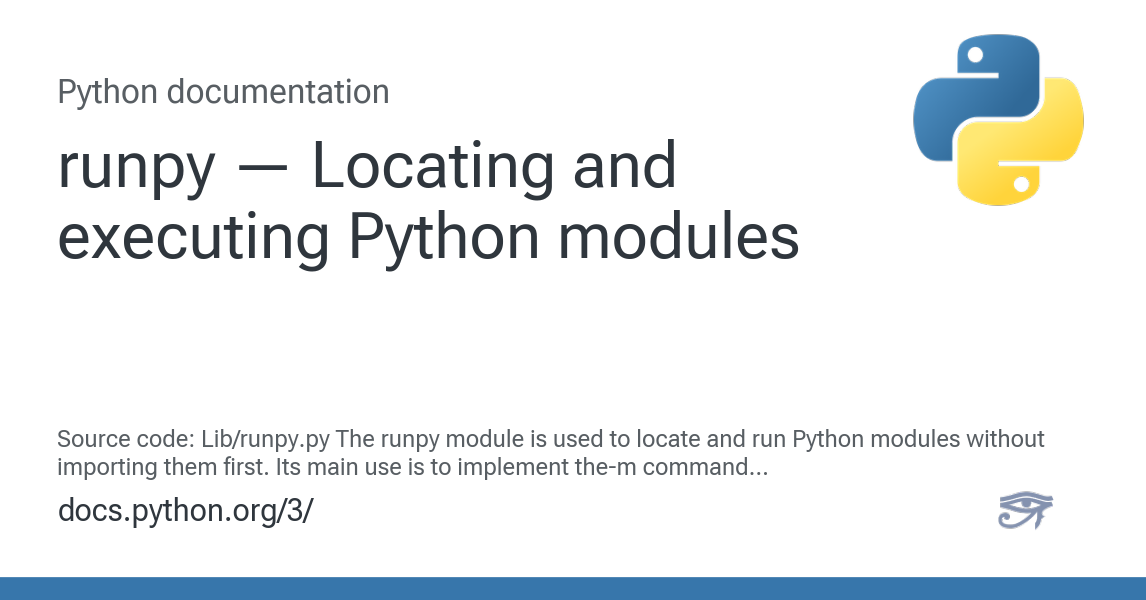Hi, I'm new to python and looking for a better idiom to use for the
manner I have been organising my python scripts. I've googled all over
the place about this but found absolutely nothing.
I'm a linux/unix command line guy quite experienced in shell scripts
etc. I have a heap of command line utility scripts which I run directly.
What is the best way to create python command line scripts but exploit
the (loadonly) speed-up benefit of python compiled code?
E.g. say I have a python script "myprog.py" . I could just execute that
directly each time but that means it is "compiled" each time I run it
which is not efficient and adds to startup time. I have been creating a
complimentary script "myprog" stub which just does:
#!/usr/bin/env python
from myprog import main
if __name__ == "__main__":
main()
Of course this compiles myprog.py into myprog.pyc on first run as I am
wanting.
I have one of these stubs for all my python scripts I've created so far.
Is there not a better way? Do I have to create a separate stub each
time? I find it a bit messy to require a pair of scripts for each
utility and it also contributes some inefficiency. Given the above stub
is so boilerplate, why does python not provide a general stub/utility
mechanism for this?
manner I have been organising my python scripts. I've googled all over
the place about this but found absolutely nothing.
I'm a linux/unix command line guy quite experienced in shell scripts
etc. I have a heap of command line utility scripts which I run directly.
What is the best way to create python command line scripts but exploit
the (loadonly) speed-up benefit of python compiled code?
E.g. say I have a python script "myprog.py" . I could just execute that
directly each time but that means it is "compiled" each time I run it
which is not efficient and adds to startup time. I have been creating a
complimentary script "myprog" stub which just does:
#!/usr/bin/env python
from myprog import main
if __name__ == "__main__":
main()
Of course this compiles myprog.py into myprog.pyc on first run as I am
wanting.
I have one of these stubs for all my python scripts I've created so far.
Is there not a better way? Do I have to create a separate stub each
time? I find it a bit messy to require a pair of scripts for each
utility and it also contributes some inefficiency. Given the above stub
is so boilerplate, why does python not provide a general stub/utility
mechanism for this?


Comment